Breastfeeding education is effective in increasing rates of breastfeeding initiation and duration, especially when personalized for each parent’s needs.
According to the World Health Organization, a systematic review of the available evidence further substantiates that breastfeeding education is effective in increasing both the rate of breastfeeding initiation and breastfeeding duration.
Successful initiation depends on experiences in the hospital as well as access to instruction on lactation from breastfeeding experts, particularly in the early postpartum period. Most problems, if identified and treated early, need not pose a threat to the continuation of successful breastfeeding.
By increasing the rates of breastfeeding initiation, duration, and exclusivity, breastfeeding can improve the health of parents and children in the United States.
In the first year of life, breast milk is the best food for babies. It helps babies grow healthy and strong, as it supplies all the necessary nutrients in the proper proportions.
Breastfeeding is good for both infants and parents. Breastfeeding helps protect a baby from many illnesses. Infants who are breastfed have a lower risk of asthma, obesity, type 1 diabetes, acute ear infections, Sudden Infant Death Syndrome, diarrhea, vomiting, and severe lower respiratory disease. Parents who breastfeed their infants have a lower risk of breast cancer, ovarian cancer, type 2 diabetes, and high blood pressure.
While your baby is in your womb, your body provides your baby with all the nourishment it needs. During pregnancy, your body is preparing for your baby’s birth by getting ready to produce breast milk. At delivery, pregnancy hormones change suddenly and the breastfeeding hormones (prolactin and oxytocin) start working to provide breast milk.
When your baby sucks at your breast, the hormones are released, causing milk to flow. The more frequently you breastfeed your baby, the more your hormones will be released and the more milk you will make.
If you breastfeed exclusively without bottle feeding in between feedings, you will have more success in meeting your breastfeeding goals. When your baby feeds well and empties the breast well, especially within the first few weeks, your body will continue to make more milk to meet your breastfeeding goals.
Breast milk is filled with the vitamins and nutrients that your baby needs to grow healthy and strong. In the first few days after you give birth, colostrum is the first milk–it is yellow in color and rich in nutrition. Within 3-5 days, your milk will change color and will be produced in greater quantities. Your breast milk has antibodies from your immune system, which will help your baby fight infections.
Latching on is the term used to describe the way your baby attaches to your breast to nurse. To succeed in breastfeeding, it is very important for your baby to latch on well to the breast. A good latch is needed for the breast milk to flow properly and for your baby to feed well.
Breast or nipple pain is a sign that the baby is not latched on well. You can avoid discomfort and pain by latching your baby properly to the breast. Good positioning and properly taking the baby off the breast can help ensure a better breastfeeding experience for both you and your baby.
Lactation consultants can help with any “latching on” issues you might be having with the way your baby attaches to your breast to nurse. They can show you how to bring the baby to the breast, ensure the baby’s mouth is wide open with flanged lips, and achieve an asymmetrical latch onto the areola.
Here is a list of great books on the subject of breastfeeding:
Recommended Reading List
And here is a book providing insightful, in-depth suggestions on how to be an ideal partner, and become a fully-prepared parent.
These books can be purchased online from the following websites:
The Centers for Disease Control and Prevention (CDC) views breastfeeding as an investment in health, not just a lifestyle decision. Low rates of breastfeeding add more than $3 billion a year to medical costs for the parent and child in the U.S.
The World Health Organization recommends that women exclusively breastfeed their babies for the first 6 months of life to achieve optimal growth, development, and health. A review of evidence has shown that, on a population basis, exclusive breastfeeding for 6 months is the optimal way of feeding infants. Thereafter, infants should receive complementary foods with continued breastfeeding up to 2 years of age or beyond. The American Academy of Pediatrics also recommends that infants be exclusively breastfed for about the first 6 months with continued breastfeeding along with introducing appropriate complementary foods for 1 year or longer, as mutually desired by parent and infant.
According to the CDC, despite the recommendation to breastfeed exclusively for about the first 6 months, less than 50% of infants were exclusively breastfed through 3 months and about 25% were exclusively breastfed through 6 months. These rates suggest that mothers may not be getting the support they need from health care providers, family members, and employers to meet their breastfeeding goals. The rates of exclusive breastfeeding through 3 and 6 months have generally been increasing each year; however, they stayed virtually the same among infants born in 2015, compared with infants born in 2014. Approximately 1 in 6 (17.2%) breastfed infants born in 2015 received formula supplementation within the first 2 days of life.
According to Dr. Ruth Peterson, director of CDC’s Division of Nutrition, Physical Activity, and Obesity, “Breastfeeding provides unmatched health benefits for babies and mothers. It is the clinical gold standard for infant feeding and nutrition, with breast milk uniquely tailored to meet the health needs of a growing baby. We must do more to create supportive and safe environments for mothers who choose to breastfeed.”
According to The Surgeon General’s Call to Action to Support Breastfeeding 2011, numerous barriers to breastfeeding remain and action is needed to overcome those barriers. The specific barriers cited in this report included:
As part of the Surgeon General’s Call to Action report, several implementation strategies have been put into place to give parents the support they need to breastfeed their babies, including
Other actions to improve breastfeeding have also been implemented to address the barriers to women for breastfeeding in the United States.
If you are looking for breastfeeding support before and after your baby is born, our lactation consultants at Nest Collaborative can help. Our expert team provides lactation support for prenatal and postpartum parents, during any stage from beginning to end. Book an appointment today with one of our lactation consultants.
